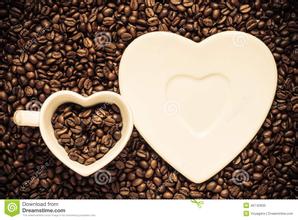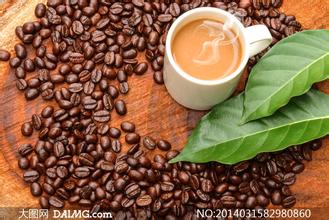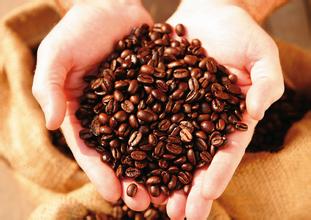Starbucks, which sells coffee, plans to sell tea seriously in China. Let's start with tea bags.
Teavana is a brand founded by a couple in 1997. They hire professional purchasing teams to buy high-quality tea from tea gardens around the world, tea merchants (including, of course, Chinese) at high prices, then mix them into special teas and sell them online and in brick-and-mortar stores. Before the Starbucks acquisition, Teavana had been selling its own assembled bulk tea, including China's Xihu Longjing Tea and Biluochun, focusing on tea combinations of flowers and fruits. Teavana's bulk tea sells for an average of 2 ounces (56 grams, 15 to 20 cups) between $7 and $10 in the United States.
In November 2012, Starbucks bought Teavana, which is listed on the New York Stock Exchange, for $620 million. Then, according to the Starbucks model, Teavana no longer just sells tea. In November 2013, Teavana Fine Teas+Tea Bar, the first teahouse specializing in tea and light food, opened on the Upper East side of New York. This is a very Starbucks teahouse with Teavana logo above its head. Teavana started selling experiences. It wants you to drink tea and chat here. Starbucks hopes to make Teavana a lifestyle and a third space for people.
In stores, Teavana also sells specially blended teas, which seem to be a bit like lattes and caramel macchiato, which give them a new taste through different proportions. Secondly, Teavana is also very particular about food. Here, you can eat croissants, macarons and some freshly baked goods, which works so well for the American market that young people start to walk into Teavana and drink tea as well as coffee.
In terms of appliances, Starbucks, which likes to sell cups, will not miss this creative opportunity. On the takeout cup, Starbucks abandoned the corrugated cup cover for anti-hot coffee paper cups and used a double-layer design with a feathered, foam-like embossed outer layer, and the lid was specially designed to suit tea drinking. As for ordinary tea cups, in addition to traditional filter cups, Teavana also sells mug-style teacups, which are more fashionable and brightly colored, which are obviously more attractive to young people who love fruit tea.

Important Notice :
前街咖啡 FrontStreet Coffee has moved to new addredd:
FrontStreet Coffee Address: 315,Donghua East Road,GuangZhou
Tel:020 38364473
- Prev

Russian natural coffee powder sales increase
In 2006, the Russian coffee market reached 119 - 126 thousand tons, an increase of 4.57% over 2005. In the last three years, the growth rate of this market has been maintained at 4 -5%, while in 2006 the total Russian coffee market increased by 3%. The growth of the market is due not only to the increase in coffee consumption but also to the change in consumption structure as consumers tend to drink coffee of higher strength. pin
- Next

Heilongjiang Coffee Industry and Communication Alliance has set up more than 400 Bingcheng Cafe.
Heilongjiang coffee industry and social alliance was established in Harbin. The reporter learned that according to incomplete statistics, there are more than 400 coffee shops in Harbin at present. In the future, our province will explore growing coffee beans in South America, and then sell these coffee beans back to China. Or will build bonded warehouses in Harbin to reduce the cost of coffee. It is reported that the purpose of Heilongjiang coffee industry alliance is to unite the coffee industry.
Related
- The ceremony is full! Starbucks starts to cut the ribbon at a complimentary coffee station?!
- A whole Michelin meal?! Lucky launches the new "Small Butter Apple Crispy Latte"
- Three tips for adjusting espresso on rainy days! Quickly find the right water temperature, powder, and grinding ratio for espresso!
- How much hot water does it take to brew hanging ear coffee? How does it taste best? Can hot water from the water dispenser be used to make ear drip coffee?
- What grade does Jamaica Blue Mountain No. 1 coffee belong to and how to drink it better? What is the highest grade of Blue Mountain coffee for coffee aristocrats?
- What are the flavor characteristics of the world-famous coffee Blue Mountain No. 1 Golden Mantelin? What are the characteristics of deep-roasted bitter coffee?
- Can I make coffee a second time in an Italian hand-brewed mocha pot? Why can't coffee be brewed several times like tea leaves?
- Hand-brewed coffee flows with a knife and a tornado. How to brew it? What is the proportion of grinding water and water temperature divided into?
- What is the difference between Indonesian Sumatra Mantinin coffee and gold Mantinin? How to distinguish between real and fake golden Mantelin coffee?
- What does bypass mean in coffee? Why can hand-brewed coffee and water make it better?

